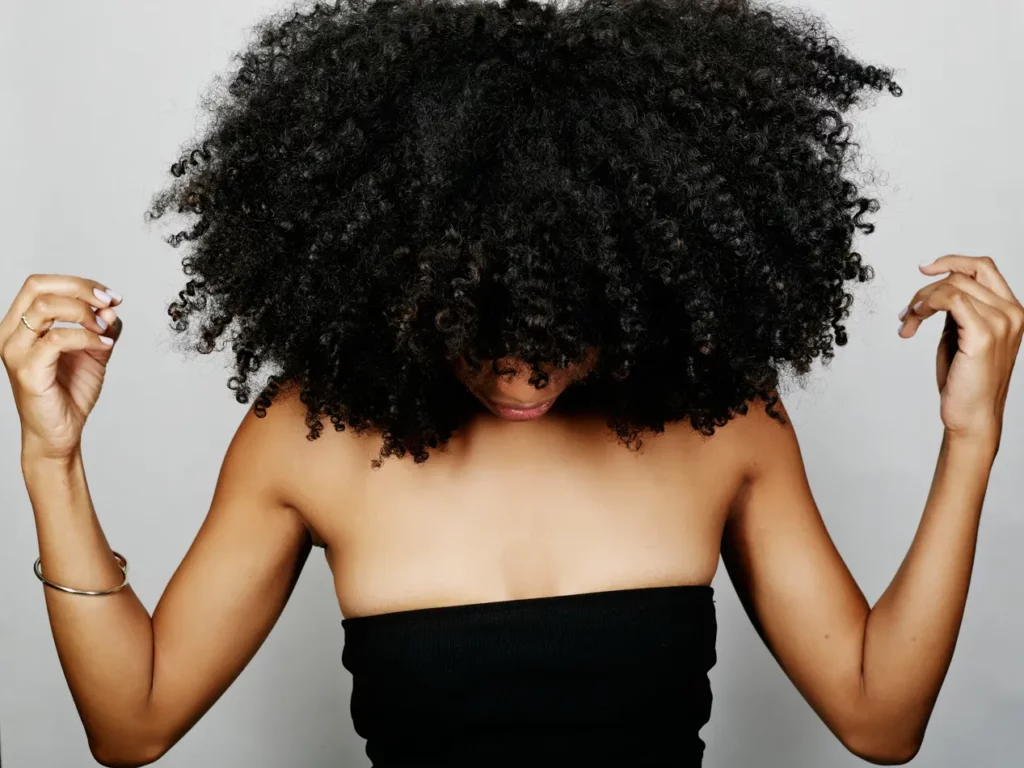Hair texture is a defining characteristic of human appearance, and it varies widely among individuals and populations. The texture of one’s hair is determined by a combination of genetic, environmental, and cultural factors. Among these factors, ethnicity is one of the most important determinants of hair texture. For many years, it was commonly believed that all people of African descent had curly, kinky, or coily hair. However, in recent years, there has been growing recognition that some Black people can be born with straight hair. This blog post aims to explore the genetics, prevalence, and cultural significance of straight hair in Black people.
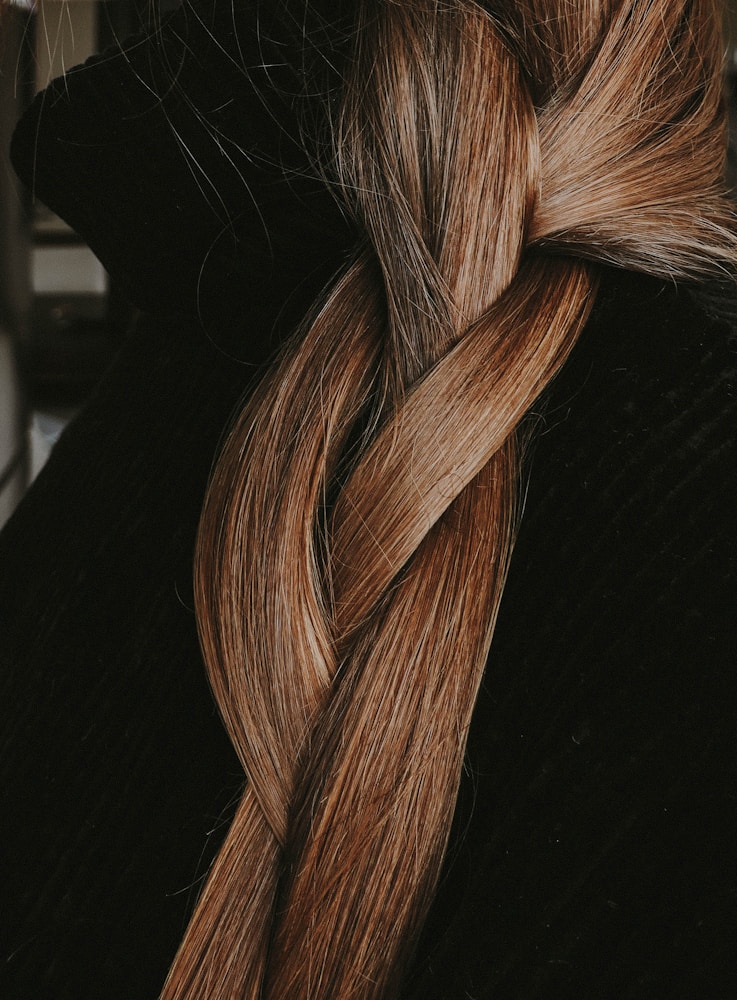
The Genetics of Hair Texture
Hair texture is a polygenic trait, meaning that it is influenced by multiple genes. Scientists have identified several genes that play a role in hair texture, including the EDAR, FGFR2, and PRSS53 genes. These genes regulate the shape and thickness of hair follicles, which determine whether the hair shaft is straight, curly, or kinky.
Ethnicity also plays a significant role in determining hair texture. For example, people of European descent are more likely to have straight or wavy hair, while people of African descent are more likely to have curly, kinky, or coily hair. This difference in hair texture is due to the different types of hair follicles that people of different ethnicities have. European hair has round or oval-shaped follicles, while African hair has flattened or elliptical-shaped follicles.
The Likelihood of Straight Hair in Black People
Given the role of ethnicity and genetics in determining hair texture, it is not surprising that most Black people have curly, kinky, or coily hair. However, some Black people can be born with straight hair, which may be more common than previously thought.
According to a study published in the Journal of Investigative Dermatology, approximately 1 in 10 Black people carry a genetic variant that is associated with straight hair. This variant, which is found on the chromosome 6p21.1 region, is more common in people of East Asian or Native American descent, but it can also be present in people of African descent. The study found that Black people who carry this variant are more likely to have straight or wavy hair than those who do not.
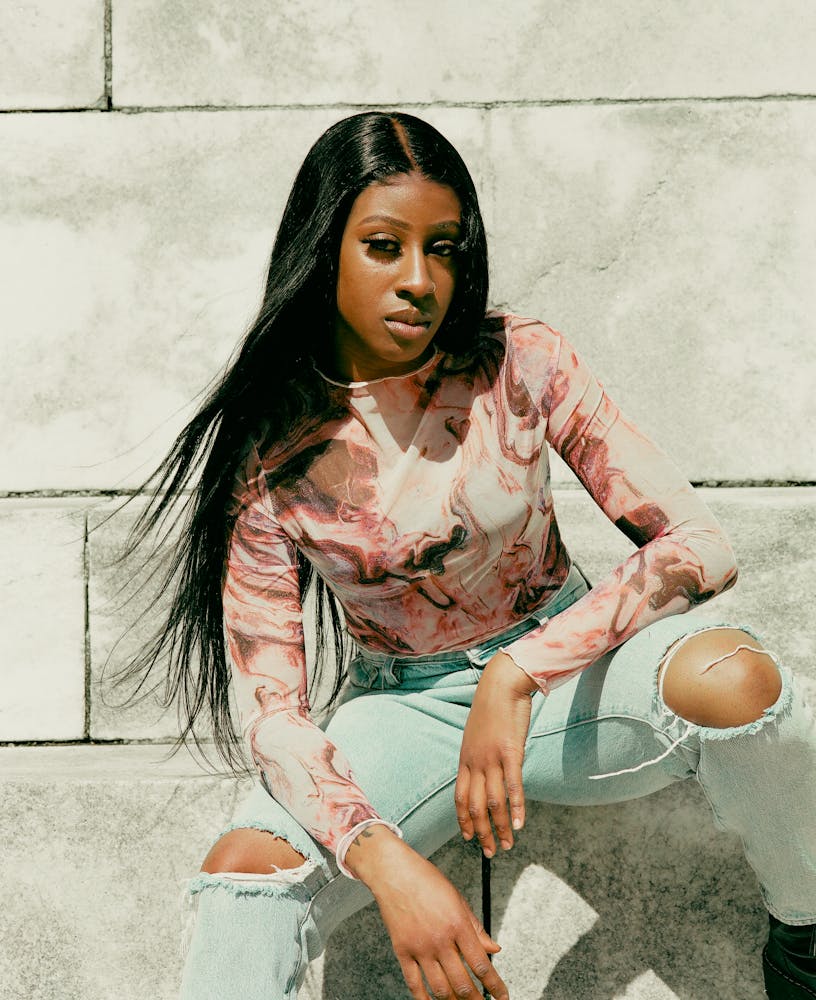
Straight Hair in Black People
Although straight hair is less common in Black people than in people of European or Asian descent, there are still many Black people who have naturally straight hair. Some examples of Black people with straight hair include Alicia Keys, Zendaya, and Jhené Aiko.
Possible Causes of Straight Hair in Black People
There are several possible explanations for why some Black people are born with straight hair. One possibility is that they have mixed ancestry. Many Black people in the United States have ancestors who were of European, Native American, or Asian descent, and this ancestry may influence their hair texture.
Another possible explanation is genetic mutations. As mentioned earlier, some Black people carry a genetic variant that is associated with straight hair. This variant may have arisen due to a genetic mutation that occurred in an ancestral population of Black people.
Environmental factors may also play a role in hair texture. For example, excessive heat or chemical treatments can damage hair follicles and change the texture of hair over time.
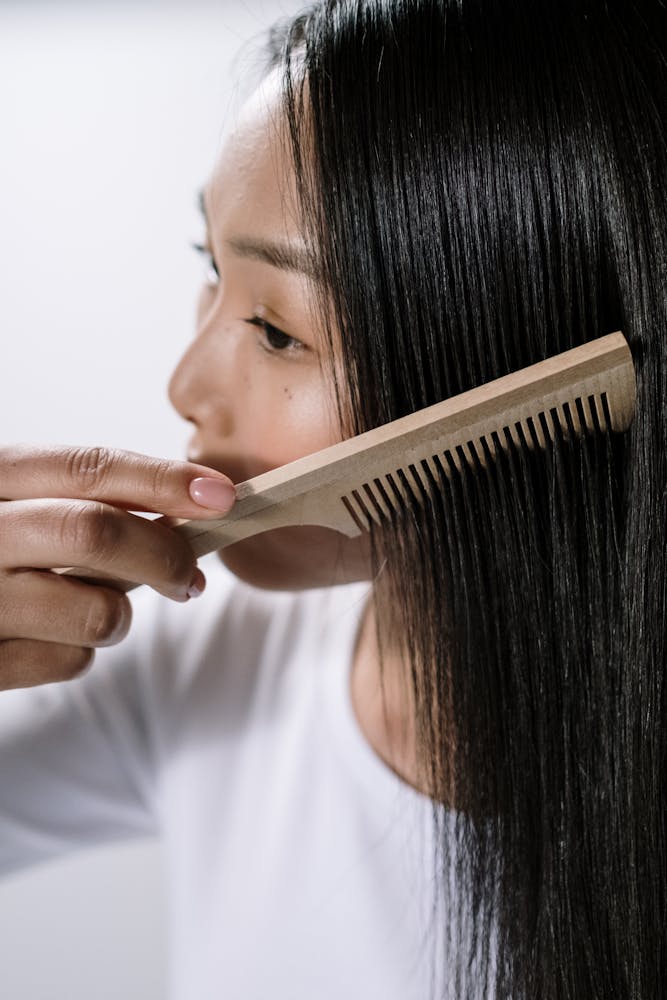
The Prevalence of Straight Hair in Black People
While it is difficult to estimate the exact prevalence of straight hair in Black people, it is clear that it is not a rare occurrence. Many Black people have mixed ancestry, which can result in a range of hair textures. Additionally, some Black people may carry genetic variants that are associated with straight hair, even if they do not have a visibly mixed ancestry.
Cultural Significance of Hair in the Black Community
Black community, and this is especially true for women. In the United States, Black women have a complex and often fraught relationship with their hair. Historically, Black women were forced to conform to Eurocentric beauty standards that emphasized straight, silky hair. This meant that many Black women used chemical relaxers or heat styling tools to alter the texture of their hair.
In recent years, there has been a movement towards embracing natural hair in the Black community. Many Black women are choosing to wear their hair in its natural state, whether it is curly, kinky, or coily. This movement has been fueled by a desire to challenge beauty norms and celebrate the diversity of Black hair.
The Impact of Hair Texture on Identity
For Black people with straight hair, hair texture can be a source of both pride and frustration. On the one hand, having straight hair can be seen as a symbol of mixed ancestry or individuality. On the other hand, some Black people with straight hair report feeling pressure to conform to certain beauty standards or to prove their Blackness.
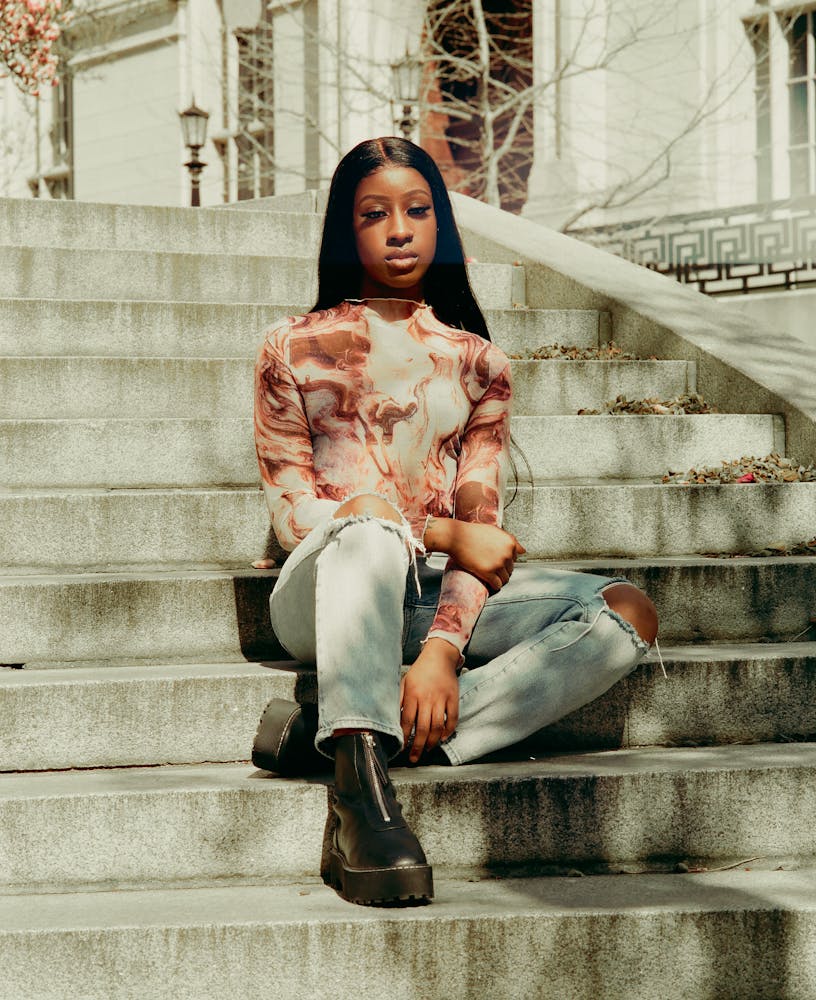
Challenges Faced by Black People with Straight Hair
Black people with straight hair may face certain challenges that are unique to them. One of the most significant challenges is the prevalence of stereotypes and assumptions about Black hair. Many people assume that all Black people have curly, kinky, or coily hair, and may be surprised or even skeptical when they encounter a Black person with straight hair.
Additionally, Black people with straight hair may face pressure to conform to certain hairstyles or to wear their hair in a way that emphasizes their Black identity. For example, some people may expect Black people with straight hair to wear afros or other natural styles to prove their authenticity.
Finally, Black people with straight hair may also face discrimination based on their hair texture. In recent years, there have been several high-profile cases of Black people who were fired or disciplined at work because of their natural hair. While these cases have primarily involved people with curly, kinky, or coily hair, they illustrate the ways in which hair texture can be used as a basis for discrimination.
Conclusion
In conclusion, the question of whether Black people can be born with straight hair is a complex one. While it is true that most Black people have curly, kinky, or coily hair, there are still many Black people who have naturally straight hair. The prevalence of straight hair in Black people may be influenced by genetics, mixed ancestry, or environmental factors.
Hair texture holds significant cultural significance in the Black community, and many Black people have a complicated relationship with their hair. Black people with straight hair may face unique challenges, including stereotypes, pressure to conform to certain beauty standards, and discrimination.

